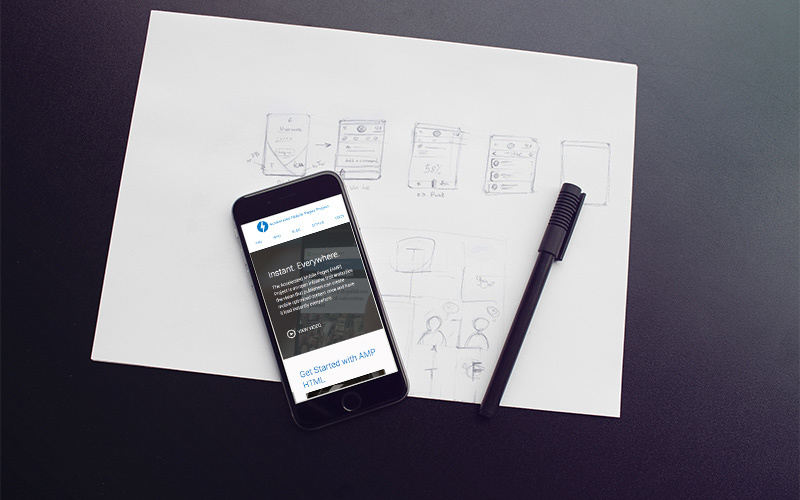As your business grows so do the day to day needs you have. Your website platform is just one of those necessities that should be flexible and capable of growing along with you. Having even a simple website that’s well-designed can give you an edge in your field, and if you have products to sell, your site can open up new markets and expand your business in an easy and cost effective manner. But how do you know where to start?
Determine the primary purpose for your website
Think about your specific user experience, and the journey the user will go through as they visit your site. Before any design work is started you should have an idea of what information and basic functions your website should have. There should be very little guess work in what your business offers and how to begin the journey with you for your visitors.
Once you have an idea as to where you want to start, consider where you see your business going. If you plan or hope to grow your business quickly, think carefully before choosing a low-cost platform aimed at very small sites. Platforms like Wix and Squarespace can work great for businesses that plan to stay relatively small and use just a few features. But if you ever outgrow them, transferring all of your site content to a new host can be a pain.
Website Platform Research
You probably already have a few example websites that you’ve bookmarked and want to draw inspiration from for your own website. There’s a free resource called BuiltWith that you can enter in those websites to gain a little more insight into how it’s… well, built.
Not all projects require a truly custom built website. In most cases, unless it’s a very unique model, it’s not necessary. We develop a number of our client’s websites on the WordPress platform. This gives our clients a content management system out of the box and allows for flexibility in terms of both features and budget to focus more on the user experience, custom design and content delivery.
Finding the right WordPress designer/developer can be a tricky landscape to venture into as well. Be sure who you work with is actually creating your site from scratch and not purchasing templates to repurpose for your business. We have some experience in custom developed WordPress projects, so we don’t mind if you’d like to work with us.
Next steps: Your Domain and SEO
If you haven’t registered your domain name yet consider names that are short, easy to remember, easy to type, and easy to say. This is valuable for word-of-mouth advertising because those visitors will need to visit your domain directly. Because of search engine’s growing reliance on accessibility and usability as a ranking factor, the easier a domain (or URL) is to read for humans, the better it is for search engines.
SEO is a concept you’ll have to keep in mind throughout the entirety of running your website. Your design team should be able to help with the basics at first. But over time you’ll likely want to educate yourself about some of the concepts so that people can easily find you online.
Having a solid SEO foundation and website platform in place is great start to helping you scale your web presence as your business grows.
Have questions or want to learn more about specific case studies? Let’s chat!





